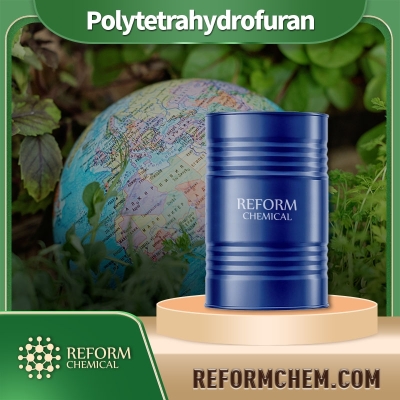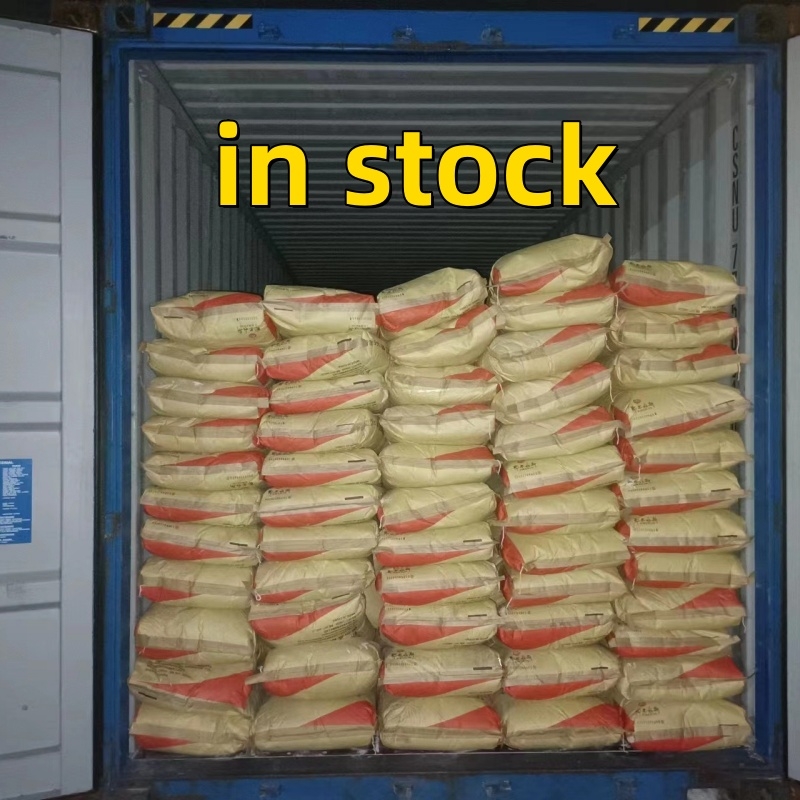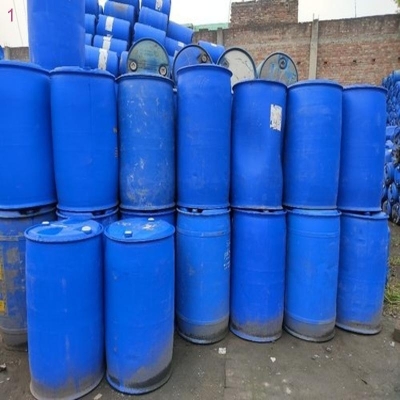-
Categories
-
Pharmaceutical Intermediates
-
Active Pharmaceutical Ingredients
-
Food Additives
- Industrial Coatings
- Agrochemicals
- Dyes and Pigments
- Surfactant
- Flavors and Fragrances
- Chemical Reagents
- Catalyst and Auxiliary
- Natural Products
- Inorganic Chemistry
-
Organic Chemistry
-
Biochemical Engineering
- Analytical Chemistry
-
Cosmetic Ingredient
- Water Treatment Chemical
-
Pharmaceutical Intermediates
Promotion
ECHEMI Mall
Wholesale
Weekly Price
Exhibition
News
-
Trade Service
Recently, it was learned from the Anshan Iron and Steel Science and Technology Quality Department of Angang Group that the two national standards for steel for nuclear power compiled by Anshan Iron and Steel have been completed
.
Among them, the "Carbon Steel and Low Alloy Steel Plate for Nuclear Power Plant GB 30814-2014" has been promulgated and implemented, and the "Alloy Steel Plate for Nuclear Power Plant" has been completed for approval
recently.
This not only enhances the discourse power and authority of Angang in the field of nuclear power steel, but also provides a standard basis
for China's nuclear power design departments and equipment manufacturing enterprises in the selection and use of materials.
Because China's nuclear power units adopt different nuclear power technologies, the selection of materials mainly refers to a series of standards from other countries, and no national standards
with independent intellectual property rights have been formed.
Anshan Iron and Steel Group realized that in order to improve the voice of Angang in the field of nuclear power steel and the popularity of nuclear power steel products, standards must be implemented
.
In 2012, Anshan Iron and Steel took the lead in applying for the formulation of two national standards for steel for nuclear power, and successively obtained the approval
of the National Standards Committee.
Relevant industry insiders said that the completion of the preparation of these two national standards has provided a standard basis for China's nuclear power design departments and equipment manufacturing enterprises in the selection and use of materials, accelerated the autonomous process of China's nuclear power industry from raw material development to unit operation and power generation, and provided support
for China's nuclear power industry to go abroad.
Recently, it was learned from the Anshan Iron and Steel Science and Technology Quality Department of Angang Group that the two national standards for steel for nuclear power compiled by Anshan Iron and Steel have been completed
.
Among them, the "Carbon Steel and Low Alloy Steel Plate for Nuclear Power Plant GB 30814-2014" has been promulgated and implemented, and the "Alloy Steel Plate for Nuclear Power Plant" has been completed for approval
recently.
This not only enhances the discourse power and authority of Angang in the field of nuclear power steel, but also provides a standard basis
for China's nuclear power design departments and equipment manufacturing enterprises in the selection and use of materials.
Because China's nuclear power units adopt different nuclear power technologies, the selection of materials mainly refers to a series of standards from other countries, and no national standards
with independent intellectual property rights have been formed.
Anshan Iron and Steel Group realized that in order to improve the voice of Angang in the field of nuclear power steel and the popularity of nuclear power steel products, standards must be implemented
.
In 2012, Anshan Iron and Steel took the lead in applying for the formulation of two national standards for steel for nuclear power, and successively obtained the approval
of the National Standards Committee.
Relevant industry insiders said that the completion of the preparation of these two national standards has provided a standard basis for China's nuclear power design departments and equipment manufacturing enterprises in the selection and use of materials, accelerated the autonomous process of China's nuclear power industry from raw material development to unit operation and power generation, and provided support
for China's nuclear power industry to go abroad.







